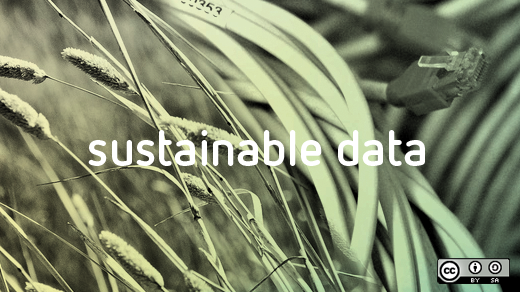Last month, I attended the 5th Annual Leadership North Carolina Forum. The day was filled with amazing information and thought-provoking ideas for the future. However, one session I attended kept me thinking.
The session, The Digital Divide: Who's Building the Bridge included a panel of experts talking about access to broadband on a variety of levels. The panel was moderated by Mark Sorrells, Senior Vice President from the Golden Leaf Foundation and included the following experts:
- Joe Freddoso, President and CEO of MCNC
- Jack Stanley, Regional Vice Preseident of Government Relations, Time Warner Cable
- Carlos Sanchez, Director of Statewide Affairs, AT&T North Carolina
- Grant Goings, City Manager, City of Wilson, North Carolina
The big takeway for me was around the "rights" to broadband. During the session, I had on both my education and business hats.
I started thinking about how students could do their homework when it required Internet access. What if broadband was not at their home or a student did not have a device to connect with? What if it was available at their home, but not affordable? Would a 56-K modem even cut it now-a-days?
Now put your business hat on. Do businesses require a broadband connection to survive in today's business climate? Is it required to do business in real-time with global and local competition?
What do you think...is broadband a necessity or a nice to have?





10 Comments